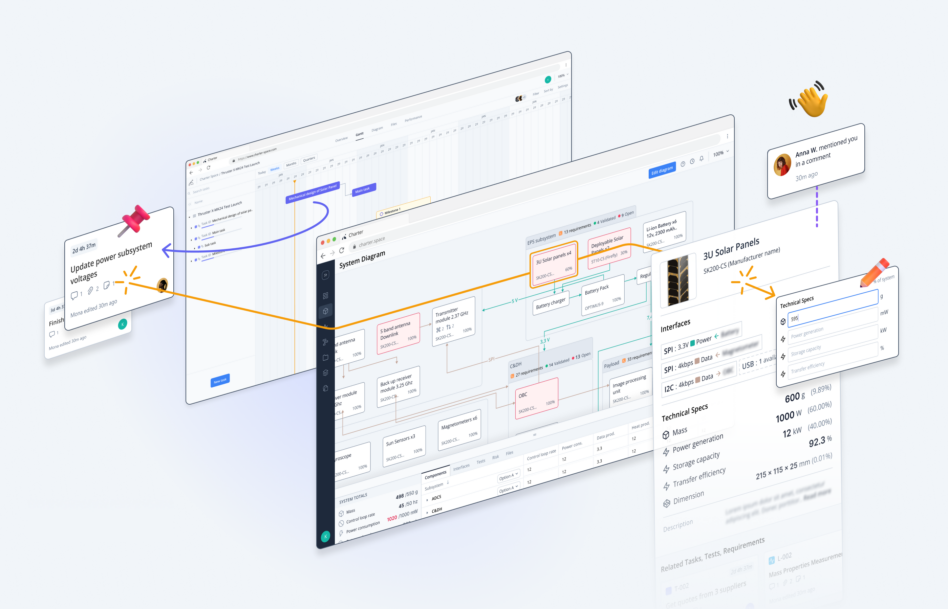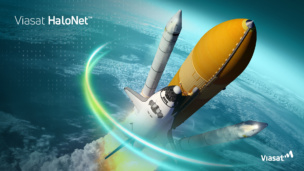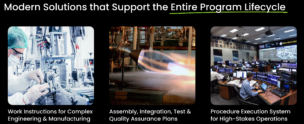This article is sponsored by Charter.
For those working in the space industry, doing it because it’s hard is a guiding motivating principle.
Venturing beyond our planet requires addressing some of the world’s most complex engineering challenges. Whether performing calculations, orchestrating supply chains, or managing increased oversight, working in the fast-paced space industry requires multi-tasking and organization.
While striving towards a common goal ignites our drive, it’s productivity, efficiency, and streamlined workloads that actually build the future.
Enter Charter: Charter’s collaborative engineering management platform, Ubik, plays a critical role in the workflow of spacecraft and application development. The platform helps engineering teams streamline operations, logistics, tasks, programs, and requirements—cutting engineering hours wasted on manual admin by 60%.
Day in the Life of a Space Employee
Space businesses are built on the backs of engineers, program managers, and vendors. With tight deadlines and employees wearing multiple hats, day-to-day life in the space industry is anything but simple.
Engineer: A space engineer designs, builds, and tests space applications, working with integrated systems and their constituent components. Responsibilities include:
- Requirements: Managing system requirements and constraints
- Verification and validation: Testing and verifying those requirements
- Design specifications: Creating final specifications
Program manager: A program manager is responsible for keeping programs on track and getting hardware out the door. Responsibilities include:
- Managing schedule: Ensuring that all design and manufacturing timelines are met.
- Tracking hardware: Keeping tabs on the moving pieces to ensure timely delivery and accurate inventory management.
- Performing trade studies: Comparing size, weight, power, and cost for optimal mission solutions.
Vendor and partnerships: While building a spacecraft, procurement processes and relationships play a significant role in the efficacy of a system. Coordination tasks include:
- Ensuring data integrity: Keeping information passed between stakeholders secure.
- Sending and receiving information: Ensuring communications are delivered on time.
- Aligning schedule priorities: Keeping everyone on the same page between companies.
You get the picture—the flurry of never-ending, unpredictable daily tasks and administrative duties amplifies the difficulty of building a space product. Keeping workflow organized is imperative to mission success.
Meet Ubik
Charter’s Ubik engineering management platform streamlines tasks and improves employee productivity. Ubik allows engineering teams to get back to engineering, managers to coordinate information and organize artifacts, and executives to accurately track and report key metrics at a glance.
Make the hard things easy:
- Build, track, and maintain your requirements at every level and link them to daily task tracking
- Manage tasking and resources with coordination tools
- Keep data organized throughout all mission phases with structured documentation tailored for space engineering
- Take advantage of their extensive partnership ecosystem to support every stage of your mission
The platform has built-in configuration management, automated requirements verification, and vendor communications management. It also boasts full traceability, version control, and enterprise security.
Compliance tools: Ubik also has a regulatory compliance manager that provides expert guidance on licensing, compliance filings, and regulatory best practices. Ubik actively tracks new changes in space policy and regulations and flags relevant considerations for engineering teams to keep them up-to-date.
The platform currently covers regulations for the US, the UK, Canada, Australia, India, and is expanding now to cover key European jurisdictions, including France, Germany, and Italy.
Ubik is also systems and organization controls 2 (SOC 2) compliant, and uses state-of-the-art encryption to enhance cybersecurity. It offers deployment on commercial cloud, GovCloud, and on-premises. Ubik is fully compatible and compliant with export control regulations, and has been officially classified as EAR99 by the US Commerce Department’s Bureau of Industry and Security.
A single, unified platform makes life easier for all the stakeholders involved in space application development.




